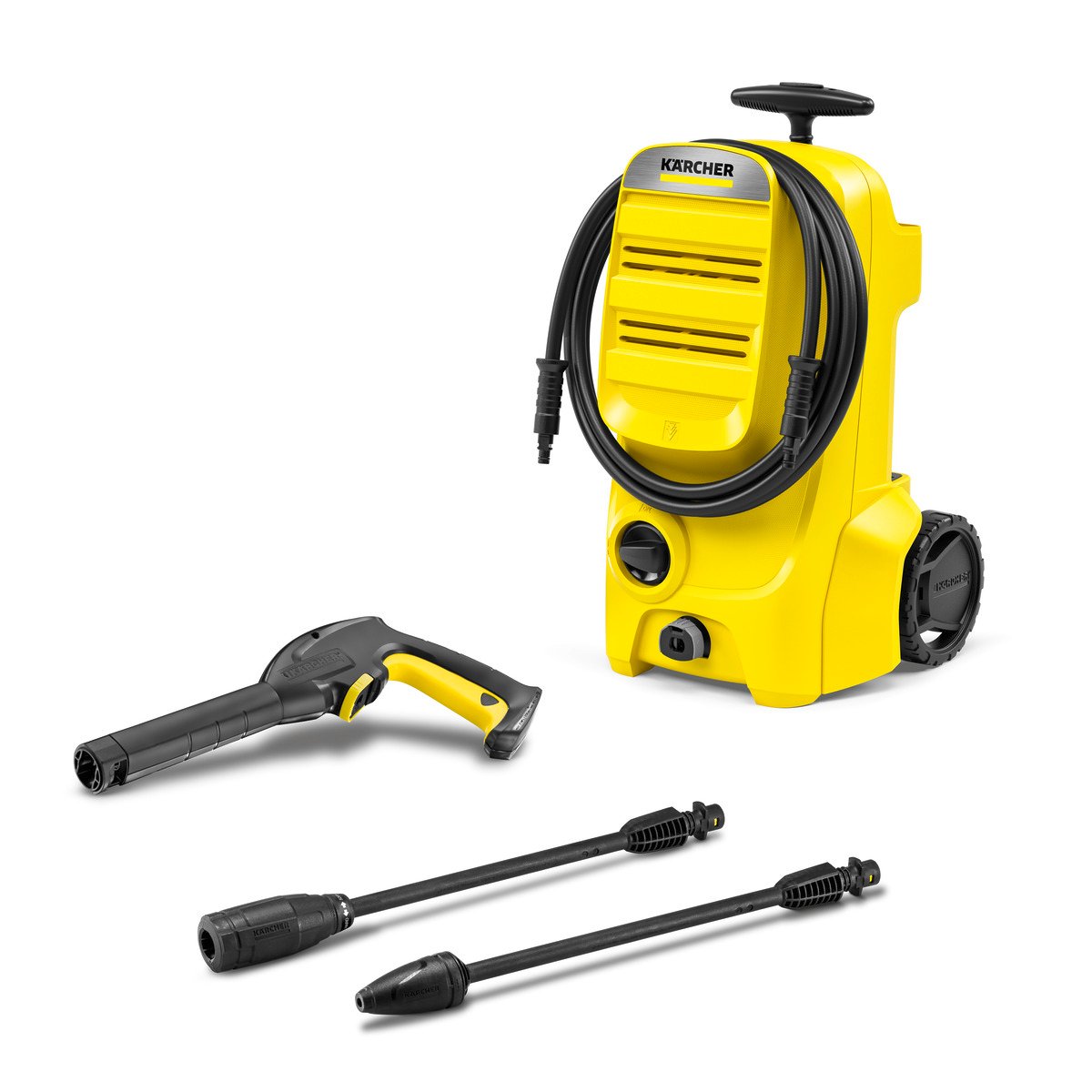In the world of industrial manufacturing, accurate temperature measurement is critical for maintaining product quality, safety, and operational efficiency. Among the various temperature-sensing devices available, thermocouples stand out as one of the most widely used and versatile solutions.
Whether you’re involved in metal processing, chemical production, or power generation, understanding thermocouples is essential for maintaining control over thermal systems. This guide will walk you through the basics of industrial thermocouples, including their types, applications, and installation tips—ensuring you choose the right setup for your industrial needs.
What Is a Thermocouple?
A thermocouple is a temperature sensor made by joining two dissimilar metals at one end. When the junction experiences a change in temperature, it produces a voltage that can be interpreted to measure temperature.
This simple yet effective design offers:
- Wide temperature range
- Fast response time
- Robust construction
- Cost-effective performance
These qualities make thermocouples ideal for harsh industrial environments where reliability and durability are key.
How Thermocouples Work
Thermocouples operate based on the Seebeck effect—a phenomenon where a voltage is produced between two different types of metals when there is a temperature difference between the junctions.
The voltage signal is then interpreted by a controller or a digital readout to display the corresponding temperature. Because thermocouples generate their own voltage, they don’t require external excitation like RTDs or thermistors, making them ideal for remote or power-sensitive locations.
Common Types of Industrial Thermocouples
There are many types of thermocouples, each defined by the materials used in their construction. Here are the most common ones found in industrial applications:
1. Type K (Nickel-Chromium / Nickel-Alumel)
- Range: -200°C to 1260°C
- Applications: General-purpose use, furnaces, gas turbines
- Pros: Inexpensive, reliable, widely available
- Cons: Susceptible to oxidation in certain environments
2. Type J (Iron / Constantan)
- Range: -40°C to 750°C
- Applications: Older equipment, plastics, and autoclaves
- Pros: Accurate and economical
- Cons: Iron wire oxidizes quickly at higher temperatures
3. Type T (Copper / Constantan)
- Range: -200°C to 370°C
- Applications: Cryogenic and low-temperature applications
- Pros: High stability and precision at low temperatures
- Cons: Limited high-temp range
4. Type E (Chromel / Constantan)
- Range: -200°C to 900°C
- Applications: High-sensitivity applications
- Pros: Strong signal output, good for low-EMF environments
- Cons: Not ideal for oxidizing conditions
5. Type N (Nicrosil / Nisil)
- Range: -200°C to 1300°C
- Applications: Aerospace, scientific labs
- Pros: Stable over long durations at high temperatures
- Cons: More expensive than Type K
6. Type S, R, and B (Platinum-based)
- Range: Up to 1700°C
- Applications: Semiconductor, glass, metal refining
- Pros: Extremely accurate at high temperatures
- Cons: Very expensive, used in specialized environments
Key Industrial Applications of Thermocouples
Thermocouples are essential in industries where temperature plays a vital role in process control, safety, and product quality. Some common applications include:
🏭 Metal Processing
Thermocouples monitor the temperature of furnaces, kilns, and metalworking machinery to ensure proper material properties.
⚗️ Chemical & Petrochemical
Used for monitoring chemical reactions, heating processes, and distillation columns, especially in explosive or corrosive environments.
⚡ Power Generation
Thermocouples track turbine inlet temperatures, boiler systems, and exhaust monitoring to maximize efficiency and safety.
❄️ HVAC Systems
Help regulate heating and cooling processes in industrial air conditioning, refrigeration, and thermal insulation systems.
🧪 Pharmaceutical and Food Processing
Used in sterilization, pasteurization, and thermal mapping of ovens and clean rooms where precise temperature control is mandatory.
How to Choose the Right Thermocouple
When selecting a thermocouple for your industrial process, consider the following:
- Temperature Range: Choose a thermocouple that supports your system’s highest and lowest expected temperatures.
- Environment: Exposure to moisture, corrosives, or vibrations may influence the material choice.
- Accuracy Requirements: Applications like laboratory testing or pharmaceutical production may demand higher accuracy (e.g., platinum types).
- Sensor Protection: Sheathing materials such as stainless steel or Inconel enhance lifespan in harsh settings.
- Lead Length and Wire Type: Use extension wires compatible with the thermocouple type to avoid signal drift.
Thermocouple Installation Tips
Proper installation is crucial for ensuring accurate and reliable temperature measurements. Here are some key tips:
1. Correct Placement
Install the thermocouple at the point where temperature measurement matters most—not too close to heat sources unless that’s the goal.
2. Avoid Thermal Shunting
Ensure the sensor is in good thermal contact with the medium being measured, not isolated by air gaps or contaminants.
3. Secure Mounting
Use appropriate fittings such as compression fittings, flanges, or bayonet mounts to ensure stability and prevent sensor drift due to vibration.
4. Proper Sheathing
For corrosive or high-temperature environments, choose protective sheaths made of stainless steel, ceramic, or Inconel.
5. Signal Conditioning
Use proper grounding and shielding to reduce electrical noise, especially when thermocouple wires run long distances.
Why Source Thermocouples from a Trusted Supplier?
Inconsistent quality, poor calibration, or material mismatches can ruin an industrial process. That’s why it’s important to source your thermocouples from a trusted provider with experience and industry knowledge.
One such reliable source is Jobco supply—a leading provider of industrial thermocouples, RTDs, and process control equipment. Whether you need custom-built thermocouples or standard replacements, they offer durable, precise, and application-specific solutions that keep your operations running smoothly.
Their wide selection of sensor types and accessories is backed by knowledgeable support, ensuring that you choose the right product every time.
Maintenance and Troubleshooting
Thermocouples are low-maintenance but benefit from periodic inspection:
- Inspect for wire degradation, especially at junctions
- Check calibration annually for critical applications
- Replace damaged sheaths to prevent contamination or corrosion
- Use diagnostic tools to detect signal drift or open circuits
A proactive approach helps avoid unplanned downtime and ensures consistent performance.
Exploring the Seiko PADI Collaboration Dive into Excellence
Final Thoughts
Thermocouples are among the most reliable and cost-effective temperature sensing solutions available for industrial applications. By understanding the different types, knowing where they work best, and installing them correctly, you can improve efficiency, product quality, and safety across your operations.
For premium-quality thermocouples and expert support, don’t hesitate to visit Jobco supply—your go-to partner for industrial temperature solutions.














Leave a Reply